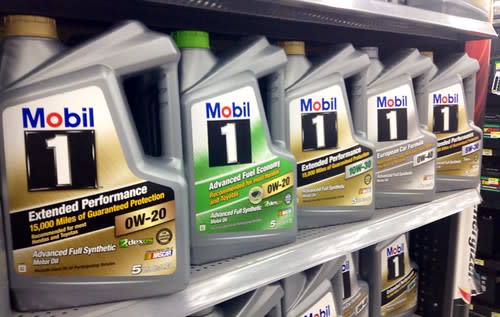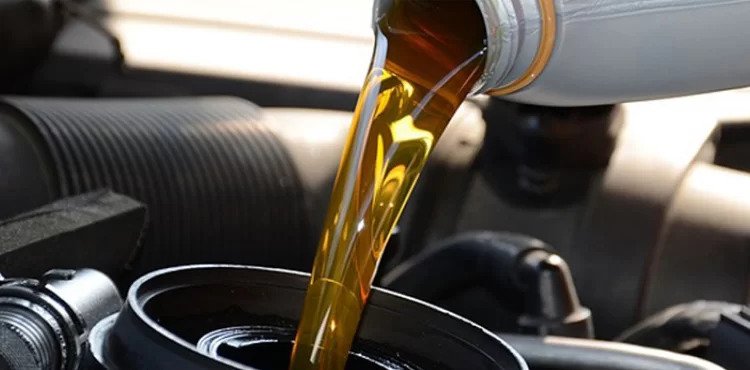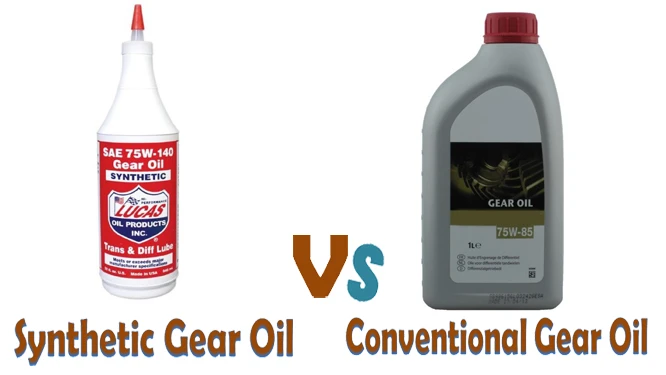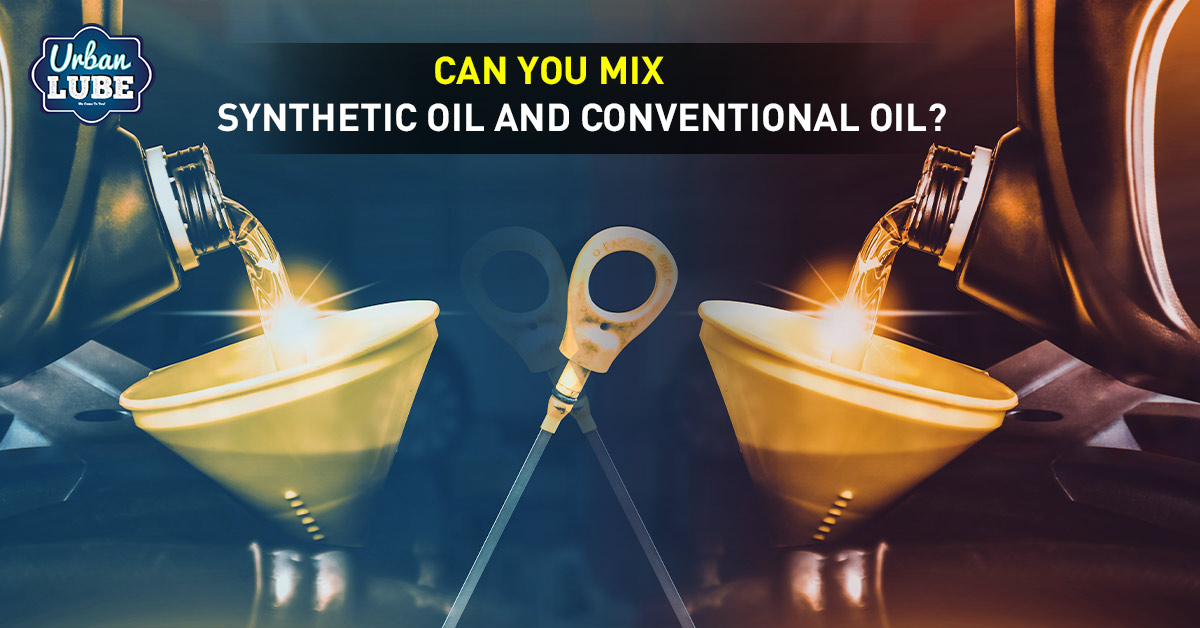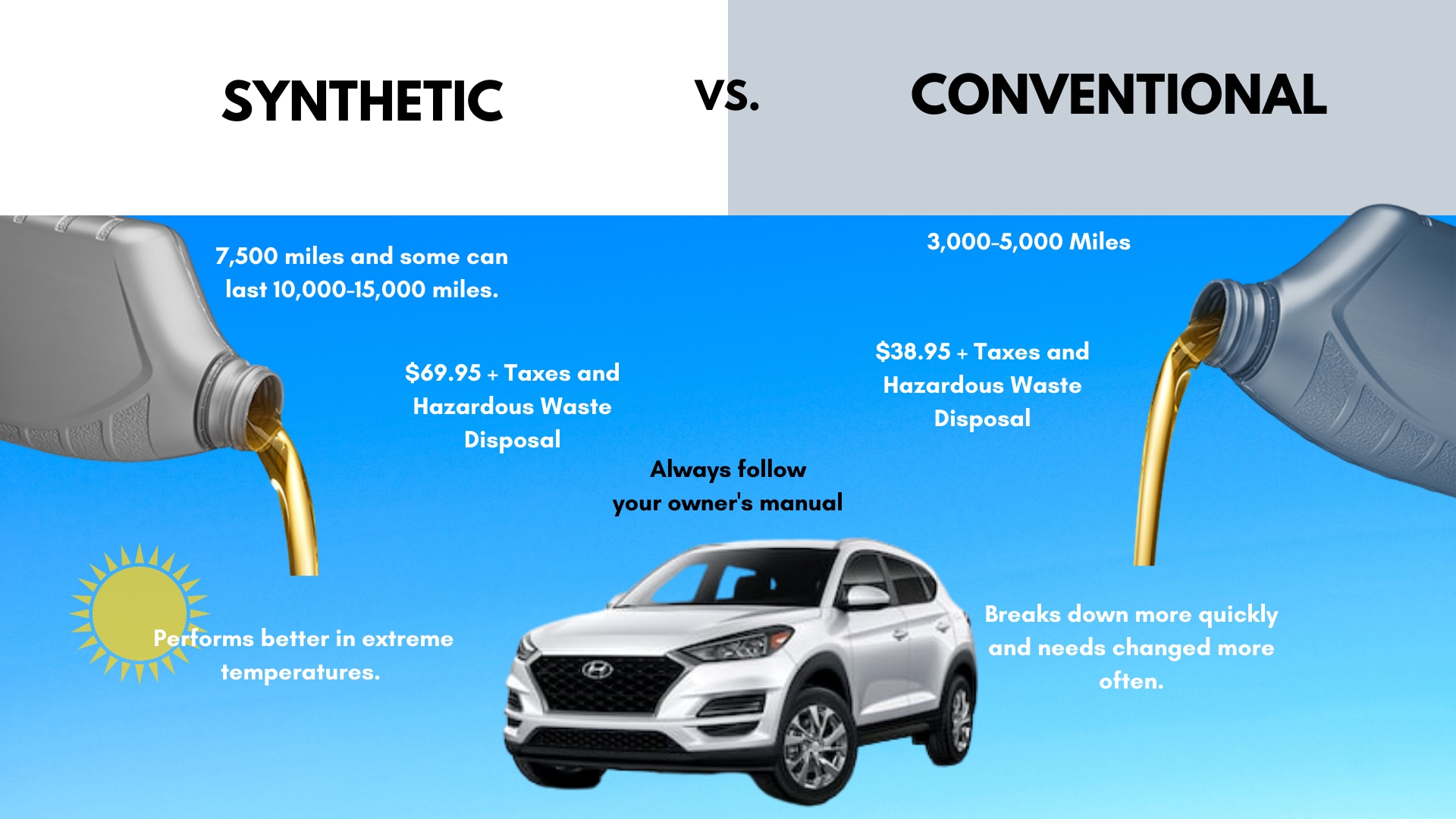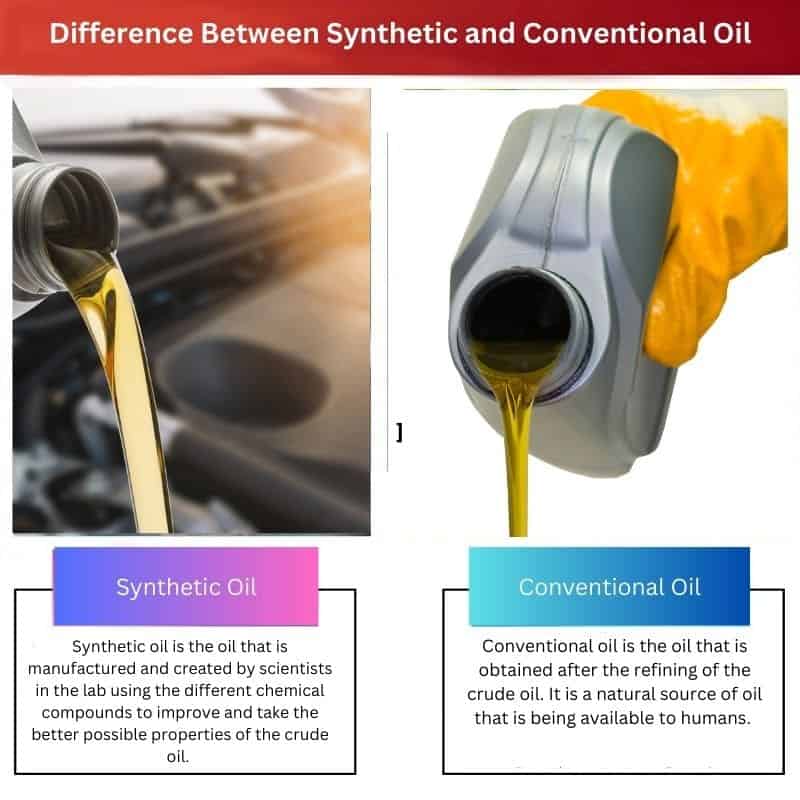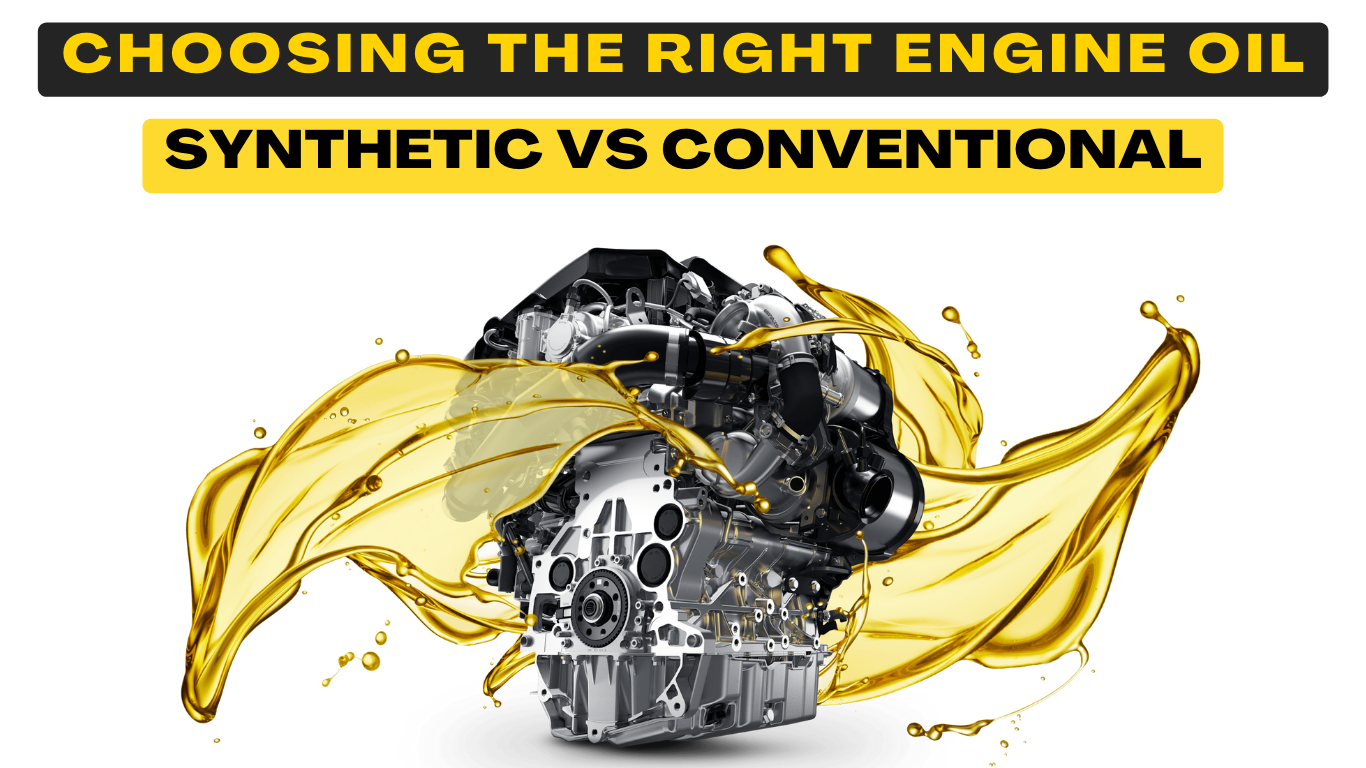What Happens When You Mix Synthetic And Conventional Oil

The seemingly simple act of changing your car's oil can become a complex question when considering the variety of lubricants available. One common dilemma facing vehicle owners is whether mixing synthetic and conventional oil is a safe and effective practice, or a recipe for engine trouble.
This article delves into the realities of mixing these two oil types, exploring the potential consequences and benefits based on industry standards and expert opinions. Understanding the chemical properties and performance characteristics of both synthetic and conventional oil is crucial for making informed decisions about vehicle maintenance.
The Chemistry of Oil Mixing
Conventional oil is derived directly from crude oil, refined to remove impurities. Synthetic oil, on the other hand, undergoes a more complex process, often involving chemical synthesis to create a lubricant with superior properties. These include improved thermal stability, better resistance to oxidation, and enhanced flow at low temperatures.
The core question is: what happens when these two distinct formulations are combined? According to statements from the American Petroleum Institute (API), mixing synthetic and conventional oil will not cause immediate engine damage. Both types of oil are formulated to be compatible with each other.
However, this compatibility does not guarantee optimal performance. Mixing the two effectively dilutes the superior properties of the synthetic oil, leading to a lubricant that performs somewhere between a full synthetic and a conventional oil.
Performance Implications
The primary advantage of synthetic oil lies in its enhanced performance characteristics. These include better protection against engine wear, particularly at extreme temperatures. It also leads to improved fuel economy and longer oil change intervals.
When synthetic and conventional oils are mixed, the resulting blend will not offer the full benefits of a pure synthetic. For example, the extended drain intervals advertised for synthetic oils may not be safely achievable with a blend. Consequently, following the oil change interval recommended for conventional oil is advised in such scenarios.
Moreover, the blend's viscosity and resistance to breakdown may be compromised compared to a full synthetic. This could lead to increased engine wear over time, especially in vehicles subjected to heavy use or extreme driving conditions.
Expert Opinions and Industry Standards
Automotive experts generally agree that mixing synthetic and conventional oil is acceptable in emergency situations. If you find yourself low on oil and unable to access the type you usually use, topping up with the other type is preferable to running the engine with insufficient lubrication.
However, as David Bennett, a certified mechanic with over 20 years of experience, explains, “It’s not an ideal long-term solution. You’re essentially paying for the benefits of synthetic oil and then negating some of those benefits by diluting it with conventional oil.”
"While mixing won't destroy your engine immediately, it's better to stick to one type of oil whenever possible to ensure optimal engine protection and performance," Bennett advises.
Several automotive manufacturers offer synthetic blend oils, which are specifically formulated mixtures of synthetic and conventional base oils. These blends aim to provide some of the benefits of synthetic oil at a lower cost. These blends are different than mixing conventional and synthetic oil yourself, because they are carefully calibrated.
Potential Long-Term Effects
While mixing oils won't cause immediate catastrophic failure, consistently doing so may lead to a gradual reduction in engine performance and longevity. The reduced thermal stability and increased oxidation of the blended oil can contribute to sludge buildup within the engine.
This sludge can restrict oil flow, leading to increased wear on critical engine components. Over time, this can result in reduced fuel efficiency, increased emissions, and potentially costly repairs. These effects are more pronounced in vehicles with high mileage or those operating under demanding conditions.
Regular oil changes are essential for maintaining engine health, regardless of the type of oil used. The Environmental Protection Agency (EPA) recommends following the manufacturer's recommended oil change intervals to ensure optimal engine performance and minimize environmental impact.
Making an Informed Decision
The decision to mix synthetic and conventional oil ultimately depends on individual circumstances and priorities. While it's not inherently harmful in the short term, it's not the most effective way to maximize engine protection and performance.
If budget is a concern, consider using a high-quality conventional oil and adhering to the recommended oil change intervals. If you prioritize optimal engine protection and performance, sticking with a full synthetic oil is the best choice.
Before making any decisions, always consult your vehicle's owner's manual and consider the advice of a qualified mechanic. They can provide personalized recommendations based on your vehicle's specific needs and your driving habits.
In conclusion, mixing synthetic and conventional oil is permissible in emergency situations, but not recommended as a regular practice. Understanding the differences between these oil types and their respective performance characteristics is crucial for making informed decisions that promote long-term engine health and reliability.

